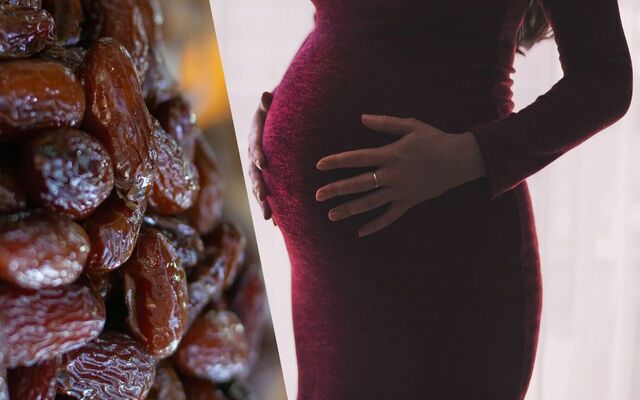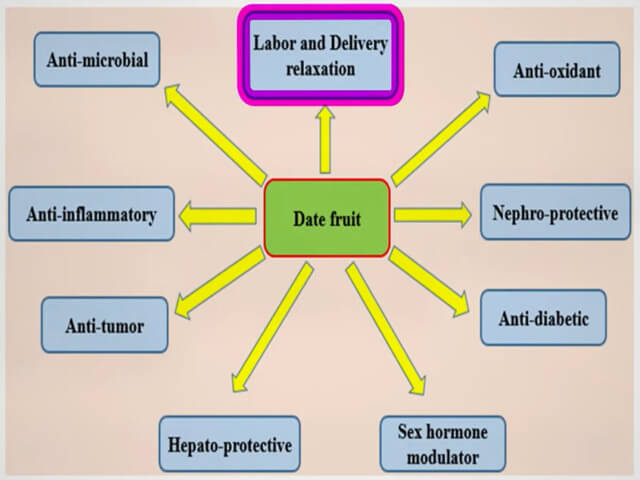Do Dates Really Help With Labor And Delivery?It would take a little over 2,000 years, but researchers finally decided to put it to the test. They had some "anecdotal evidence" that dates might be helping, but they wanted to know for sure "whether the addition of date fruit for the last few weeks of pregnancy would reduce the need for labor induction or augmentation"—that’s where you give drugs to induce uterine contractions, to initiate or accelerate labor. It’s "one of the most commonly-performed obstetrical procedures" in the U.S.; dramatically increasing over the last few decades—from less than 10% of deliveries to now nearly a quarter. There are certainly legitimate medical indications, but are often done just for "convenience", and not necessarily the convenience of the patient, but the provider may also have perverse "financial incentives" and other reasons to want to speed things along. Dates might not help with those factors, but might they help foster a normal spontaneous delivery? Let’s find out. What Is The Effect Of Date Fruit On Labor And Delivery?
"It is [therefore] concluded that the consumption of date fruit in the last 4 weeks [of pregnancy] significantly reduced the need for induction and augmentation of labor…The results warrant a randomized controlled trial". But the women weren’t randomized!? The researchers even talk about how it was hard to find women who would agree to not eat dates because it’s part of their cultural beliefs. So, you can totally imagine how there could be all sorts of differences between the women who ate dates, and those who agreed to go without, that could account for the findings. Three years later it was put to the test in a randomized, controlled trial. "The effect of late-pregnancy consumption of date fruit on so-called cervical ripening" in first-time mothers. In the last few weeks of pregnancy hormonal changes cause the cervix, the opening to the uterus, to start to ripen, to soften, so that when the contractions start, it can more easily dilate open. "At this stage, the cervix loses its integrated structure, and therefore, it becomes soft and dilated as soon as strong contractions begin". Through a ripe cervix you can push a baby out with like 5 kilograms of pressure per square centimeter, but if the cervix isn’t there yet, it can require more like 100 kilograms of pressure. So, it goes without saying that "cervical ripening before the onset of labor is …important" if you want a normal vaginal delivery. "The search for a safe, inexpensive, and easy method of facilitating cervical ripening is therefore of great significance". So, the researchers decided to randomize a few hundred women starting at like the 37th week to eat about six dates a day—or not—until their first contraction. Cervical ripening is rated with a Bishop score. Normally, a score of five or less "indicates an unfavorable cervix", whereas eight or more and you’re good to go, and…the average Bishop score in the women randomized to the date group was significantly higher, closer to eight, whereas the date-free group was down at around five, and the cervix was more dilated in the date group. Conclusion:Dates are healthy anyway, so maybe dates should be "recommended for pregnant women to help with cervical ripening, particularly in the last weeks" of their pregnancy. Related Links: Sources
0 Comments
Leave a Reply. |
Halal In Japan
|
|






 RSS Feed
RSS Feed





